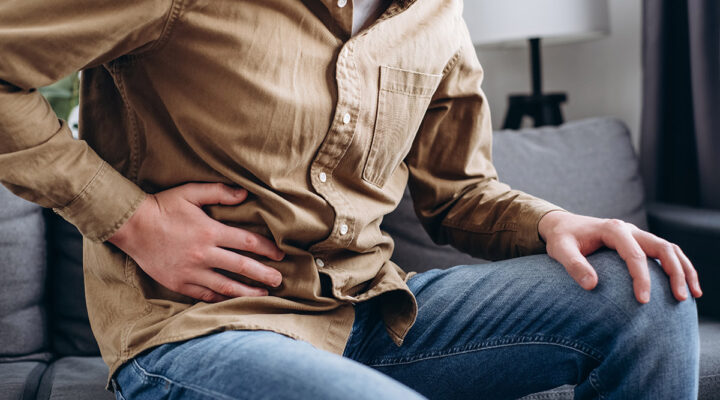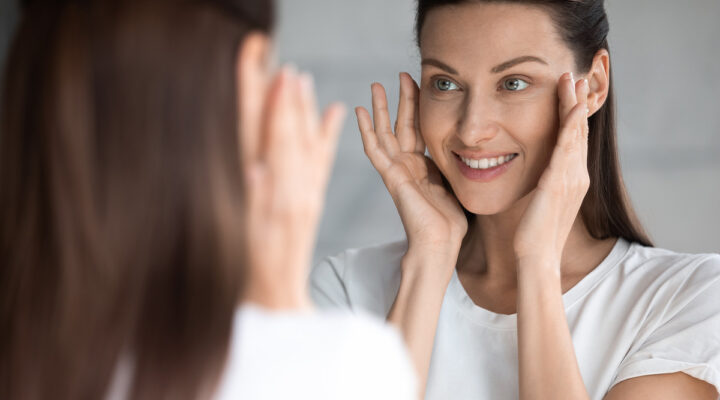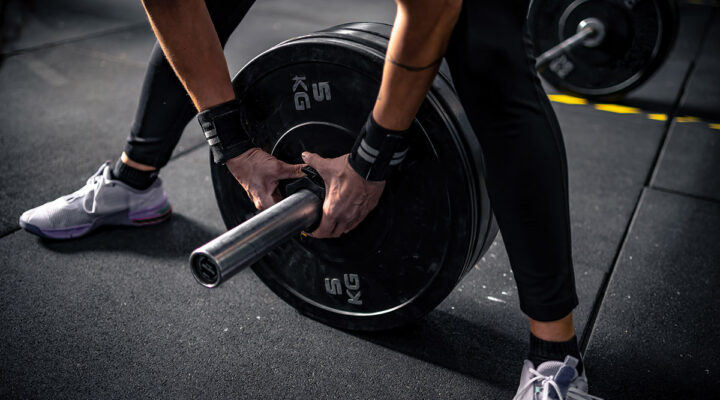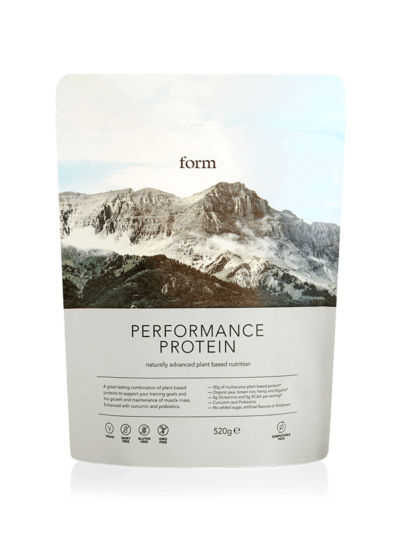6 Useful Tips and Tricks to Help You Get Back to Sleep After Waking up at Night
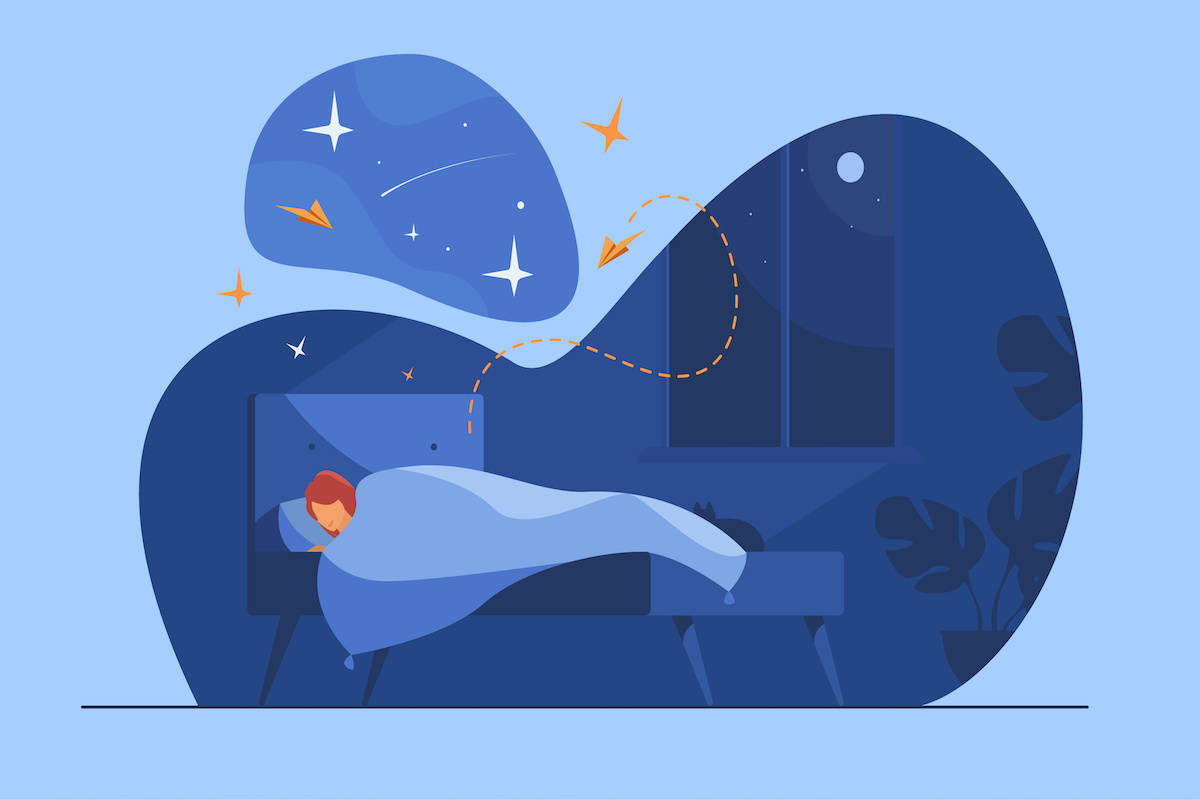
The less-than-heady mix of hot, hot nights and post-lockdown stress has made sleeping in recent weeks a nigh-on impossible task. And for those lucky few who are getting off to the land of Nod, there’s the very real possibility of that sleep being ruined by a rude awakening in the middle of the night (a 2010 study on 22,740 people found that 31.2 percent of participants reported waking up in the night at least three times per week).
Now, middle-of-the-night waking is often just a part of our normal sleep. We sleep in 60 to 120-minute cycles you see, and as you enter a new cycle you’re more likely to be woken up by a disturbance. This is probably why you’re regularly waking up at a similar time in the night if you are struggling.
It’s perfectly natural, but it’s also super frustrating, we know. Which is why we’ve asked Kathryn Pinkham, founder of The Insomnia Clinic, one of the UK’s only specialist insomnia services, for her top tips for those regularly waking up in the middle of the night and finding it hard to get back to sleep again.
Stop Watching The Clock
If you are waking in the night then it’s very tempting to look at the clock every time to monitor how little sleep you are getting however, this increases the pressure to fall back to sleep and makes it less likely. Set your alarm for the morning then avoid looking at the time again.
Don’t Lie In Bed Awake
If you can’t get to sleep or have woken in the middle of the night, get out of bed. The longer we lie in bed trying to fall back to sleep, the more frustrated we get. This means we begin to subconsciously relate bed to feeling stressed and being awake rather than asleep. Leave the bedroom and do something relaxing like reading a book in another room, then when you are tired go back to bed.
Don’t Drink (Too Much) Alcohol
Alcohol is a sedative, which is why those who have issues with sleep onset often find it a ‘useful’ way to drop off to sleep. However, this is not a healthy habit and while it may help us fall to sleep more easily, it actually negatively impacts the quality of our sleep.
You may fall asleep quicker, but you will also wake earlier or in the middle of the night. As your hangover starts to kick in, dehydration or needing to use the toilet will wake you and it can be really hard to get back to sleep. You may then feel more tired during the day, so it’s tempting to go to bed early which can lead to further sleep issues as your body clock gets further out of sync.
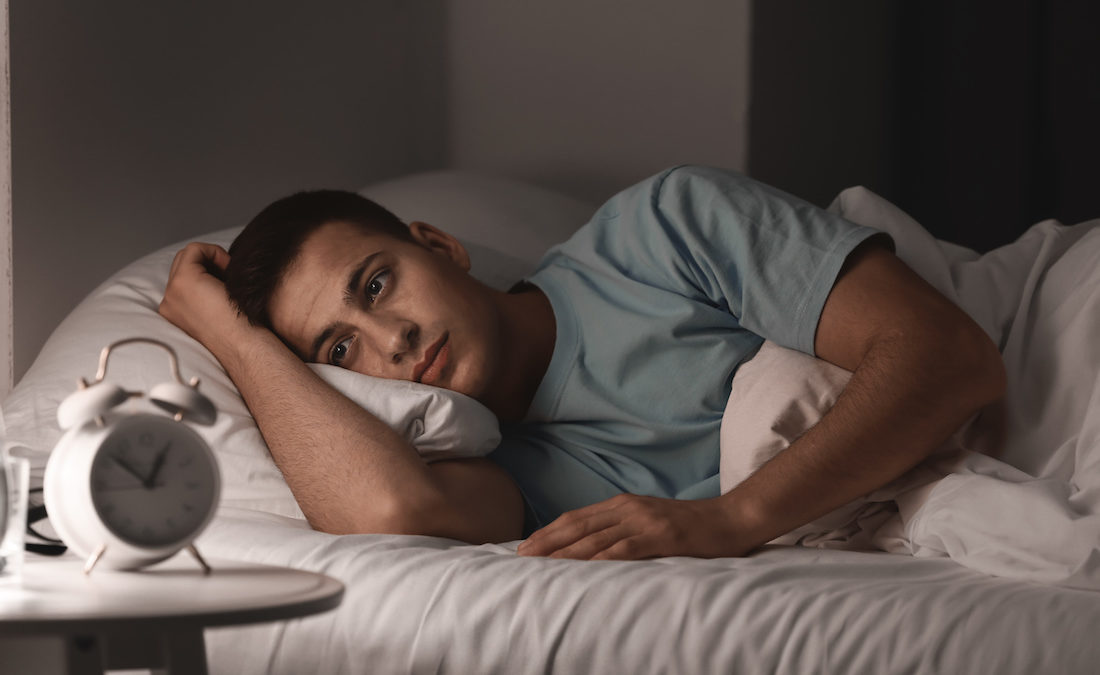
Acknowledge Your “What If?” Worries
These type of worries are really common, and are usually where our mind wanders off, thinking of all the possible worst-case scenarios that may happen. We indulge in this type of worry as it helps us feel like we are covering all bases, and somehow preparing ourselves for the worst.
However, in reality, we are actually just making ourselves imagine a situation that we don’t want to happen, which of course negatively affects how we feel. If you’re waking in the night because of these worries, take note of them and write them down, but label them as hypothetical. They have not yet happened and may never happen, so avoid treating them like facts.
Allow Yourself A Coffee In The Morning
In all the time I have worked with people who suffer with sleep issues, it’s only those who drink coffee right before bed who can put caffeine down to why they’re struggling to sleep. So, if you need a coffee to help make you feel more alert during the day then please do not worry about this impacting your sleep. Just avoid drinking too much later in the day.
Remember That It’s Quality, Not Quantity That’s Important
So, try not to worry if you’re not getting eight hours of sleep. The main focus should be quality and not quantity (you can find more tips around how to improve your sleep here).
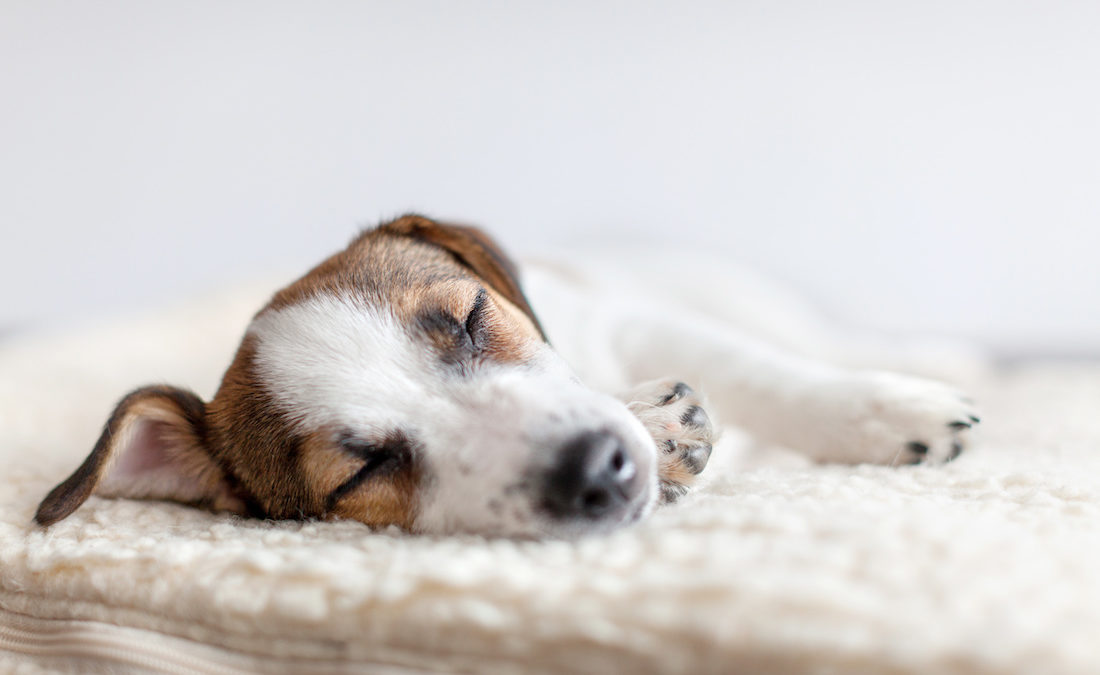
Trouble sleeping? Form’s ZZZZs supplements promote a restful and regenerative night’s sleep by combining 5-HTP with calming amino acids and the dietary minerals Magnesium and Zinc. 5-HTP is the precursor to serotonin, the neurotransmitter responsible for happiness. Because of this role in creating serotonin, 5-HTP is also indirectly involved in producing melatonin, a hormone that helps the body’s bio clock stay in sync and regulates daily sleep-wake cycles.







